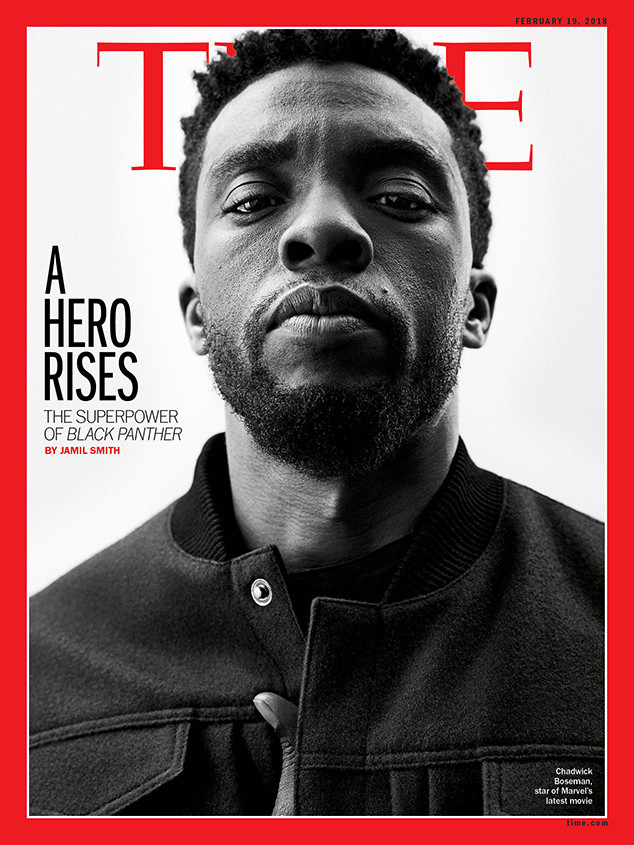 Ten years after Iron Man launched the Marvel Cinematic Universe, Black Panther is ready to usher in a new era. "You have superhero films that are gritty dramas or action comedies," director Ryan Coogler says in TIME's Feb. 19.
Ten years after Iron Man launched the Marvel Cinematic Universe, Black Panther is ready to usher in a new era. "You have superhero films that are gritty dramas or action comedies," director Ryan Coogler says in TIME's Feb. 19.
But Black Panther, premiering Feb. 16, heralds a new, groundbreaking genre: "Superhero films that deal with issues of being of African descent."
Coogler says Black Panther
explores identity issues, "something I've always struggled with as a
person. Like the first time that I found out I was black." He means how
white society views his black skin, of course. "Not just identity, but
names. 'Who are you?' is a question that comes up a lot in this film.
T'Challa knows exactly who he is. The antagonist in this film has many
names."
After making his debut as T'Challa in 2016's Captain America: Civil War, Chadwick Boseman
is excited for fans to learn more about his newly crowned king. "You
might say that this African nation is fantasy. But to have the
opportunity to pull from real ideas, real places and real African
concepts, and put it inside of this idea of Wakanda—that's a great
opportunity to develop a sense of what that identity is, especially when
you're disconnected from it," he says. Though his character has
superhuman abilities, those aren't the essence of who he is. "People
often ask, 'What is Black Panther? What is his power?' And they have a
misconception that he only has power through his suit," he says. "The
character is existing with power inside power."
Black Panther features
a predominately black cast—the first of its kind. It's expected to
gross north of $150 million in its opening weekend, one of the best
debuts in Marvel Studios' history. At its core, Coogler tells TIME, "Black Panther
is about a guy who works with his family and is responsible for a whole
country." No matter the setback, "That responsibility doesn't turn
off."

No comments:
Post a Comment